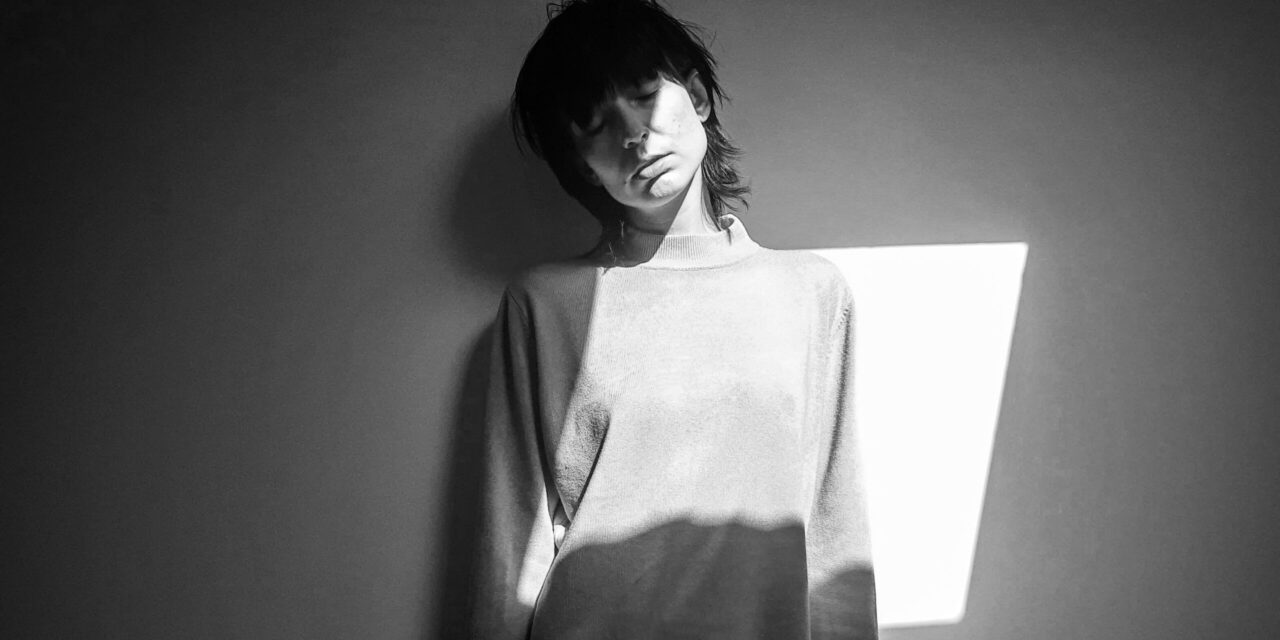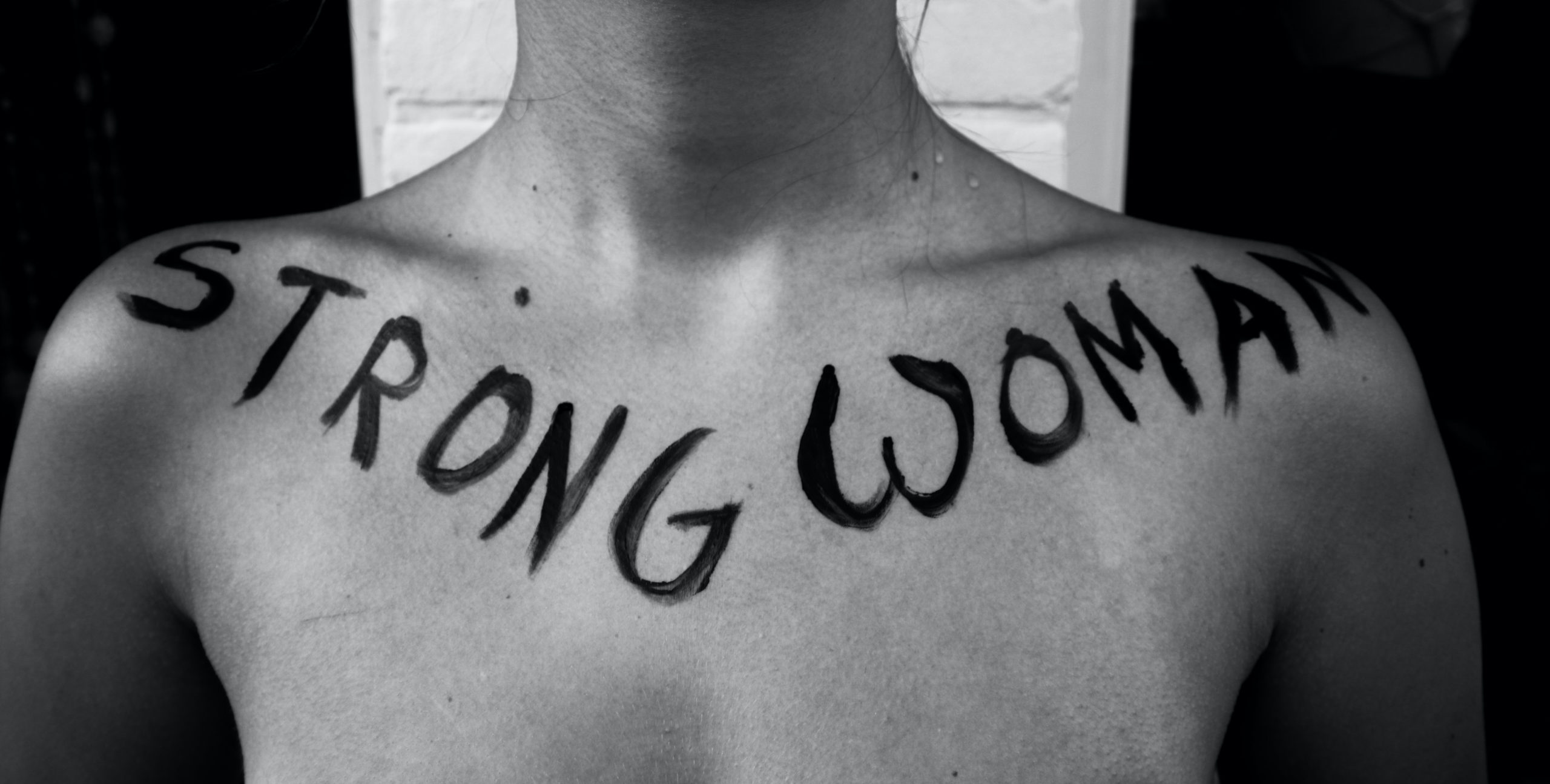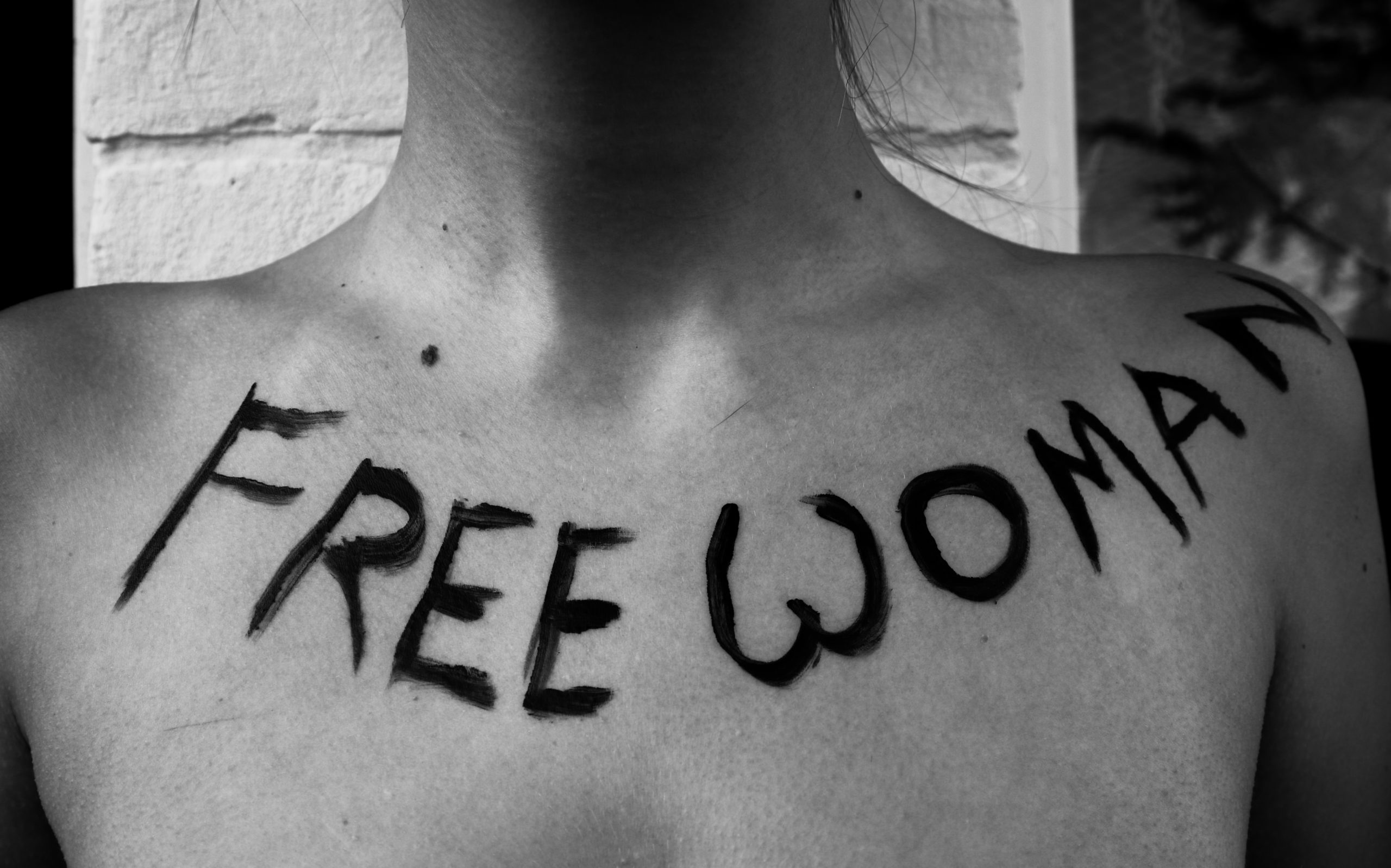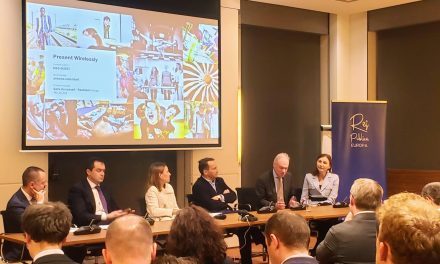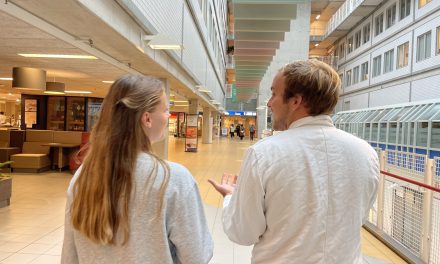In July the Polish Minister of Justice, Zbigniew Ziobro, formally introduced a petition calling for Poland to withdraw from the Council of Europe Convention. This convention is meant to fight (domestic) violence against women. Women are left more vulnerable for violence, if Poland leaves the treaty. Aleksandra Rypca (29) from Poland tells how it is to be a woman in her country. She is a woman, also part of the LGBTQ+ community: a community that is not supported by the state.
Aleksandra admits that she is scared, because she sees her rights as a woman being taken away from her. “Our country is very traditional and conversative, which leads to different views about women than in other parts of Europe. I find that here it is pretty normal to beat your wife for example. If you are married to a man, you are ‘his’ and he can do what he wants with you.” Aleksandra explains that rape in a marriage is often not seen as real rape in Poland. “According to the people here, that does not happen and if it does happen, ‘the woman asked for it’. It is not only the people on the streets that say that women ask to be raped, but it also the government.” That is scary, admits Aleksandra.
Human rights laywer from Poland Eliza Rutynowska explains that the situation in Poland went downhill from 2015, especially for women rights. “It is quite clear that the current climate comes from populists gaining ground on the basis of the immigration crisis in 2015. We have witnessed their rise as people were showered with fake news and media messages which were catchy and untrue. This continued on to Polish populists declaring the judicial system as corrupt and therefore unfit to serve the people. The continuing changes to democratic mechanisms and the checks and balances approach led to a rapid degradation of the rule of law in Poland.” According to Eliza, this means that minorities’ and women’s rights will and do suffer first.
Marital rape does not exist in Poland
In Poland (domestic) violence against women is being combated via the Istanbul Convention. This means that there is a treaty in the European Union to help fight violence against women. But in July the Polish government started talking about leaving the convention, because it does not fit their ideals anymore. According to the government, the treaty does not respect religions and promotes controversial ideas about gender. This would leave the already unfunded safe houses and organizations for violence against women, even more vulnerable.
“I thankfully never experienced violence myself, but my two best friends have and the only help they could get, was from their families. There are organizations and safe spaces for women who need it, but they are heavily underfunded. I know someone who runs a safe space and for the food and everything; she relies on donations.” Aleksandra finds this wrong, because the government does have enough money to spend on the church every year. But not for women in need. Eliza Rutynowska explains that the reason for that is the Catholic Church. “The church is extremely active in preventing any changes to laws like the abortion laws, which remain one of the strictest in the EU. Any attempts to change this status quo are met with aggression and populistic rhetoric.”
Aleksandra learned that Poland is a country with two faces when it is about women rights. “In one way it is good for women, like we are given many opportunities in the work field. But then we also have a government that says that if you are raped, that it is your own fault. Or a government that is making the right to get an abortion almost impossible, because it is seen as wrong.” According to Eliza Rutynowska, around a thousand women each year undergo an illegal abortion. Poland has still one of the strictest abortion laws in the European Union.
I didn't dare to walk hand in hand with my girlfriend
But when you are not only a woman but also bisexual, it gets very scary at times, admits Aleksandra. “When I had a girlfriend, I didn’t dare to walk hand in hand with her. Because it is just not accepted here. While, what can two girls or two boys walking hand in hand do to you? How can they harm you in any way? I don’t understand. But I do know that Poland is scared of anything that has to do with gender. They know boy and girl, nothing in between. I came across some homophobic people in my life and they were like: ‘I don’t want to be around gay people’. And that is still painful and not perfect, but it is a step into the right direction. Because fine, then you won’t be around gay people. But now it is the case that people from the LGTBQ+ community are violently attacked. Not only by civilians, but also by the police.” Eliza Rutynowska explains that this is the case because multiple local governments have decided to make LGBTQ+ free zones. The LGTBQ+ community is seen as something worse than the communism by the government.
The rules, the fear and the battle are tiring for Aleksandra. “I am tired to be treated differently and seeing my rights being taken away. I just want to be me, but I can only be me, if I am me in the ways the government wants me to be.” But Aleksandra stays positive and hopeful. “We like unity in Poland. We can unite when confronted with something and the new generation is more accepting of diversity, which is hopeful. I myself am an online activist and try to make things better that way. I try to get attention for the situation by sharing petitions and writing some articles. I am scared, especially with these new developments, but I will keep fighting and using my voice.”
